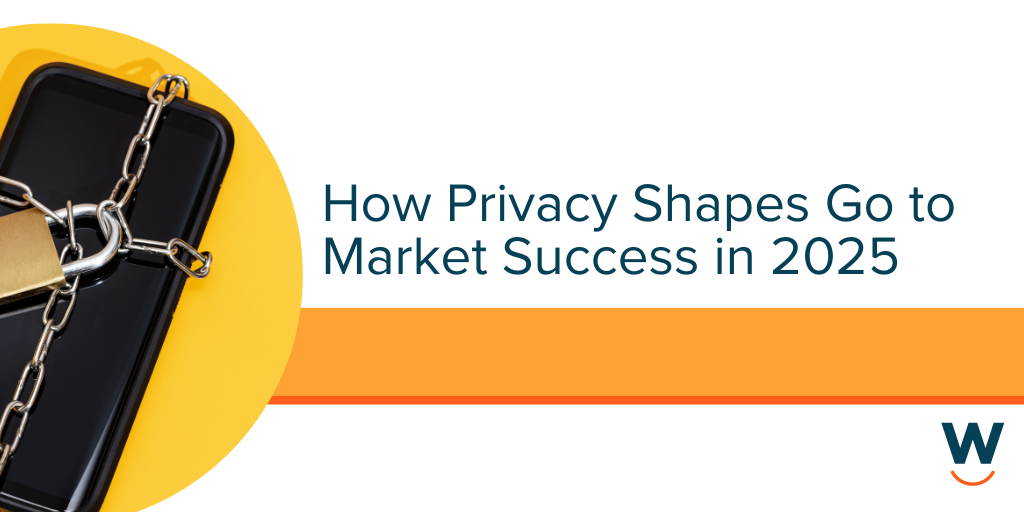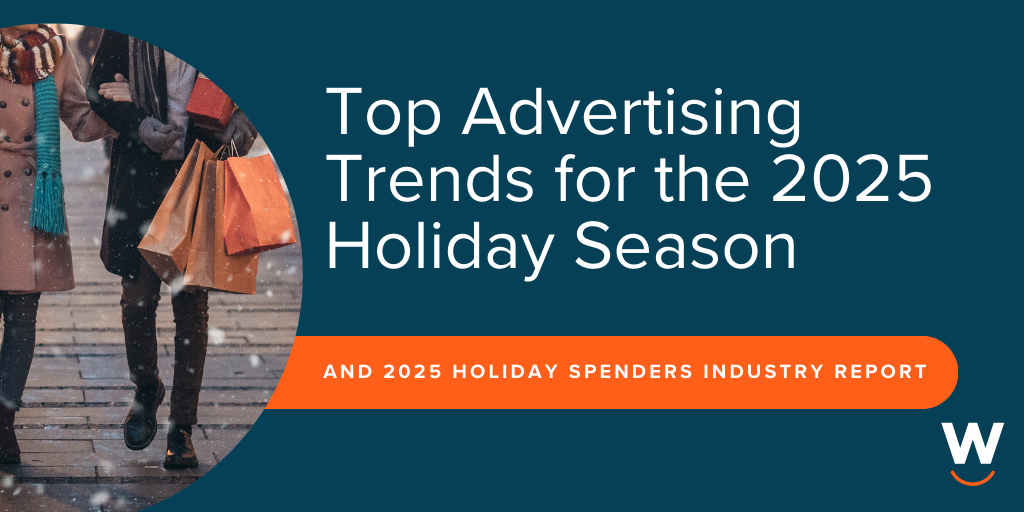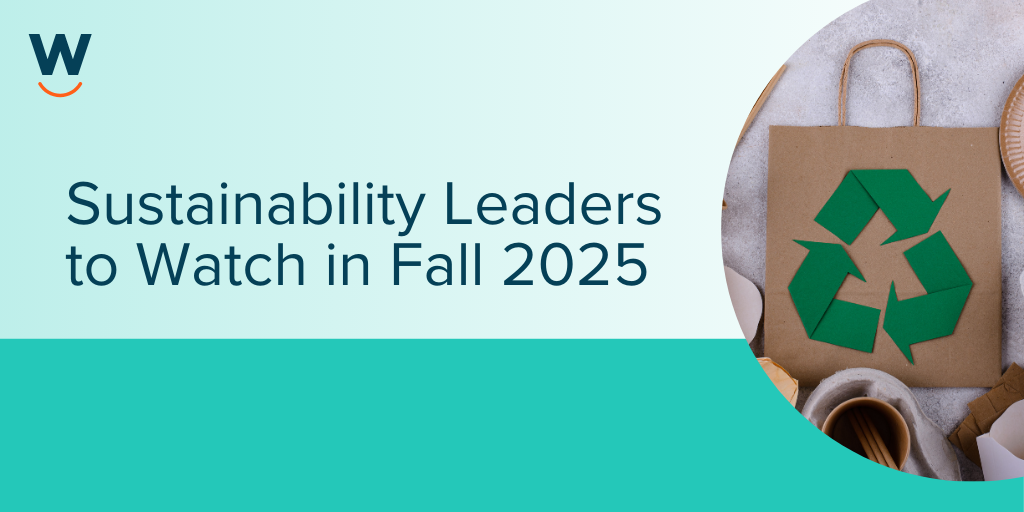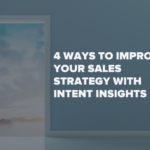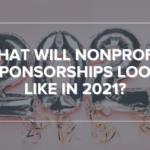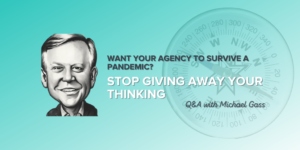
Want Your Agency to Survive a Pandemic? Stop Giving Away Your Thinking: Q&A with Michael Gass
We’ve faced countless challenges this year — no one who watched the ball drop on January 1, 2020 could have imagined the path they’d travel down. Pandemic changes hit the agency world hard. Agencies have always lived and died by the success of their clients and, this year, that expression became all too real.
However, Michael Gass sees the silver lining. His clients have found success through hardship by embracing social media, turning work from home necessities into engagement opportunities, and learning to share their passions as our professional and personal personas now blend.
Here’s the second half of my conversation with Michael where we discuss how agencies can pivot during COVID, the benefits of working from home (or boat), and why you should never give away your expertise for free.
Read our first conversation here if you missed it.
Samantha Stallard: The COVID-19 pandemic has defined 2020 and agencies have been hit hard. What are some actionable steps that you have seen your clients take to maintain profitability and stay afloat this year?
Michael Gass: Most agency owners weren’t born into the advertising and marketing world, many of them had entirely different lives they lived first. One of my clients, Wil Shelton, was a hairstylist and now owns an agency in Los Angeles. While working as a stylist, he built relationships with African American-owned barbershops and salons that evolved into a business all its own.
He started calling entertainment studios throughout LA and let them know that he could promote their movies and shows in barbershops and salons. From there, Wil built a personal network of 100k+ shops with street teams that deliver marketing materials directly to the target consumer.
Since the pandemic, Wil doubled down on his niche. He started a blog, The Next Cut: Connecting cinema with African American consumers through their unique relationship with the urban salon experience.
By remaining focused on this niche, he built awareness and opportunities through the pandemic. Even as others jumped on the content bandwagon, Wil’s stands out because it’s for a specific audience.
His agency has thrived by building a community of prospects around his audience. Wil recently landed three new accounts without an RFP or a pitch just based on his positioning of expertise. That’s what prospects are searching for and they’re willing to pay a premium for it.
New business has changed, especially because of the pandemic. Instead of chasing new business it’s all about being found. The way it worked for Wil Shelton is exactly how it can work for others. Identify your best target audience, build a community of prospects, and create content that helps them with their advertising and marketing challenges.
The reason a lot of small to midsize agencies haven’t found success with an inbound marketing approach is they’re simply doing it wrong.
SS: What have you done personally to keep your business going and how should agencies respond to COVID?
MG: I practice what I’ve been preaching for 14 years. I created a niche for fueling new business through social media for advertising, digital, media, and PR agencies. Since the time I launched my consultancy, I’ve never made a single cold call for any business. I’ve always had a consistent flow of business. That’s what a positioning of expertise will do for you. That’s even truer during this pandemic.
If you want to stop chasing business, learn how to be found. If you want to stop trolling for prospects, position yourself as an expert. And experts write.
Here are a few examples:
- Jeff Fromm, The Barkley Agency, Kansas City, MO. Jeff is an expert on marketing to millennials. Blog: Millennial Marketing.
- Terry Zelen, Zelen Communications, Tampa, FL. Terry is an expert on marketing for homebuilders. Blog: The Punch List: Real estate marketing strategies for homebuilders.
- Eric Eliott, VIP Marketing and Advertising, Charleston, SC. Eric has created a positioning of expertise as the author of The Legal Ad Journal: How to successfully advertise your personal injury law firm.
Each of these agency owners have a diverse portfolio of clients. But, a niche blog that lives offsite creates a tighter target audience. It also provides opportunities at larger accounts and a consistent new business pipeline.
When I started as a new business consultant, I saw that most agencies were stuck in a perpetual state of rebranding. They were unwilling to make hard branding decisions or align too closely with a target group.
Positioning is the foundation of new business and the lack of positioning is the primary reason agencies struggle. With the impact of COVID-19, it’s even more critical.
Instead of a corporate blog that reflects the agency, these are personal. The agency’s brand is an extension of the owner’s personal brand — their vision, values, and culture.
People want to work with those that they know, like, and trust. Agencies can build this on social media by leading with the owner and making personal connections.
Agencies are also quick to give their thinking for free. Anytime you’re giving a prescription to a problem, you should be paid. That’s the reason I have a service called, “Pick My Brain.” If agency owners want to stop being treated as vendors, they must stop acting like them. The good news, with a narrower focus, you can gain a positioning of expertise quickly.
SS: Do you think we’ll return to the traditional office environment post-pandemic?
MG: I don’t think people want to totally do away with the office environment. We’ve great tools for outreach and connection. But I think the biggest trend is to provide us more flexibility in our work.
I was on a video call with Brad Ball recently. Brad’s the former CMO of McDonalds who now owns Silver Advertising, a marketing agency for seniors based in Los Angeles. I took the call from the back of my houseboat with a fishing pole setup for catfishing. During my conversation with Brad, I looked out of the corner of my eye and the fishing pole was bending double. I apologized but said, “I have to get this!” Brad watched me reel in a 17 lb. catfish.
It also makes work more enjoyable. Business doesn’t have to be a chore; we can be more efficient than we’ve ever been and still have a life outside of advertising.
I remember when social media was becoming mainstream, a lot of agencies told their employees they couldn’t go on it at work. Try to enforce that even last year. Our personal lives and work lives are blended now. And that doesn’t have to be a bad thing.
I have a one-year old grandson, so I get to spend time with him and I share a lot of photos of us, showing my network who I am beyond my business, building deeper connections. During COVID, I’ve encouraged my clients to do the same. I work with one agency owner who’s a fellow boater, another is an equestrian, and one just won a weightlifting championship.
It’s time agency owners get social. Social media allows us to build relationships and network far more efficiently than ever before. That’s good for business.
About Michael Gass
Michael is the founder of Fuel Lines Business Development, LLC. The firm provides business development resources, training and consulting services to advertising, digital, media and PR agencies. He is also the author of the Fuel Lines blog which has been rated among the top 100 marketing blogs in the world, according to Ad Age’s Power 150.
Since 2007, Michael has pioneered the use of social media, content and inbound marketing strategies specifically for agency new business. Michael has originated a system that makes targeting, positioning and differentiation easier and helps agencies to find, attract and engage their best prospects online. He has trained over 450 agency CEOs and their senior management teams in all 50 states here in the U.S. and agencies in over 21 foreign countries.
Along with providing consulting services and training for individual agencies, Michael also speaks at events and conducts training for agency groups such as the 4A’s, Mirren New Business, TAAN, The Magnet Global Network, MCAN, DMA and the American Advertising Federation. He delivers more than 40 presentations each year.

